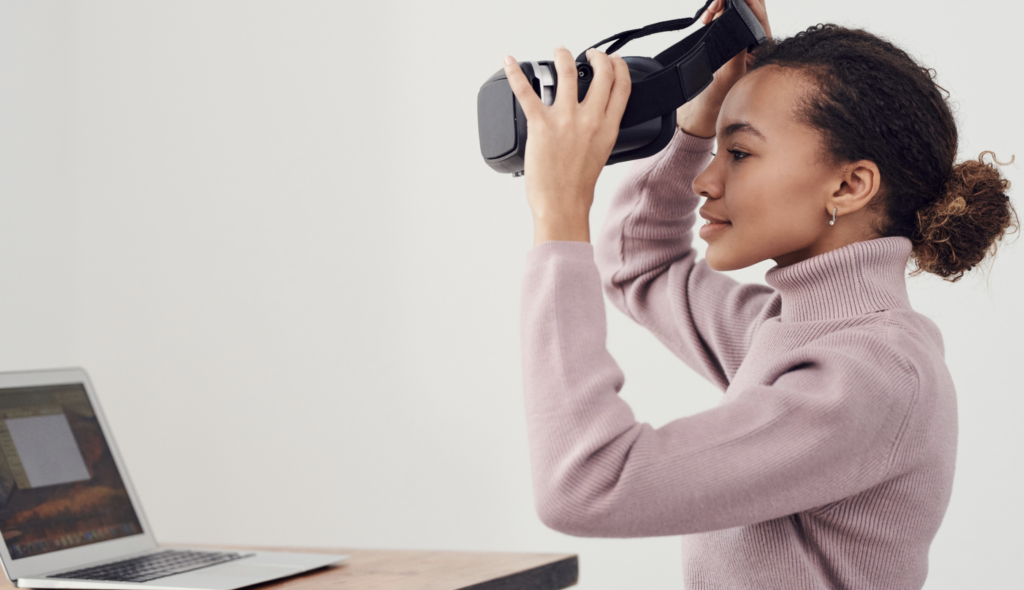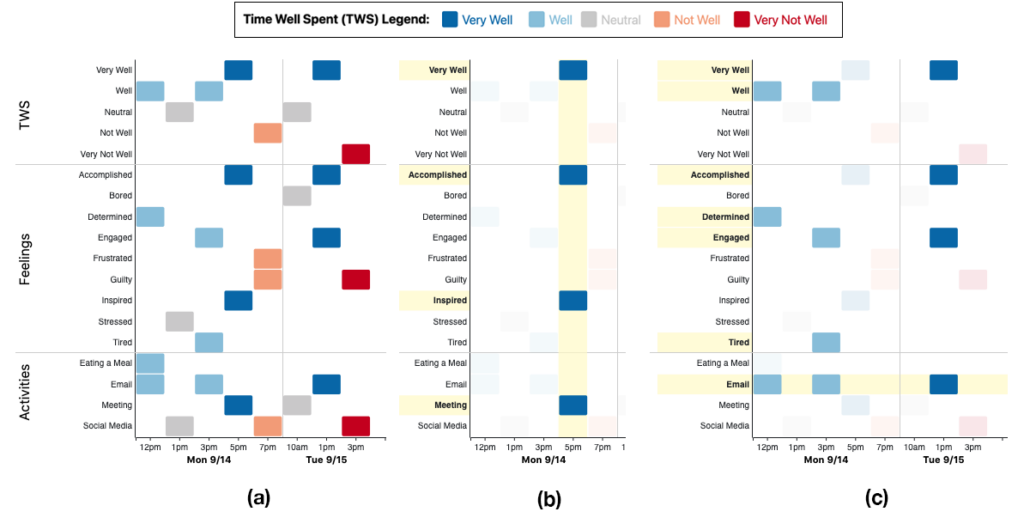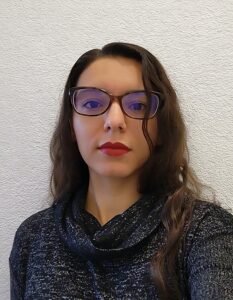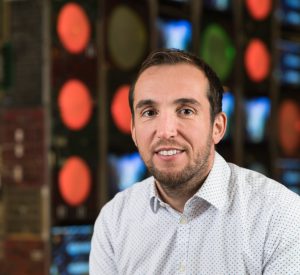22.04.2024 by Isabelle Cuber
HASEL @ CHI24 in Honolulu
We are happy to announce that we will be presenting two research projects at this year’s CHI, which is taking place in Honolulu, USA May 11-16, 2024. We’re also happy to share that we received an Honorable Mention (top 5% of submissions) for our paper “Examining the Use of VR as a Study Aid for University Students with ADHD”.
The presentations will take place within the “Assistive Technologies for Learning and Information with Neurodiversity” session on Tuesday, May 14, from 04:00 PM – 05:20 PM (HST), and within the “Mental Health B” session on Tuesday, May 14, from 11:00 AM – 12:20 PM (HST).







